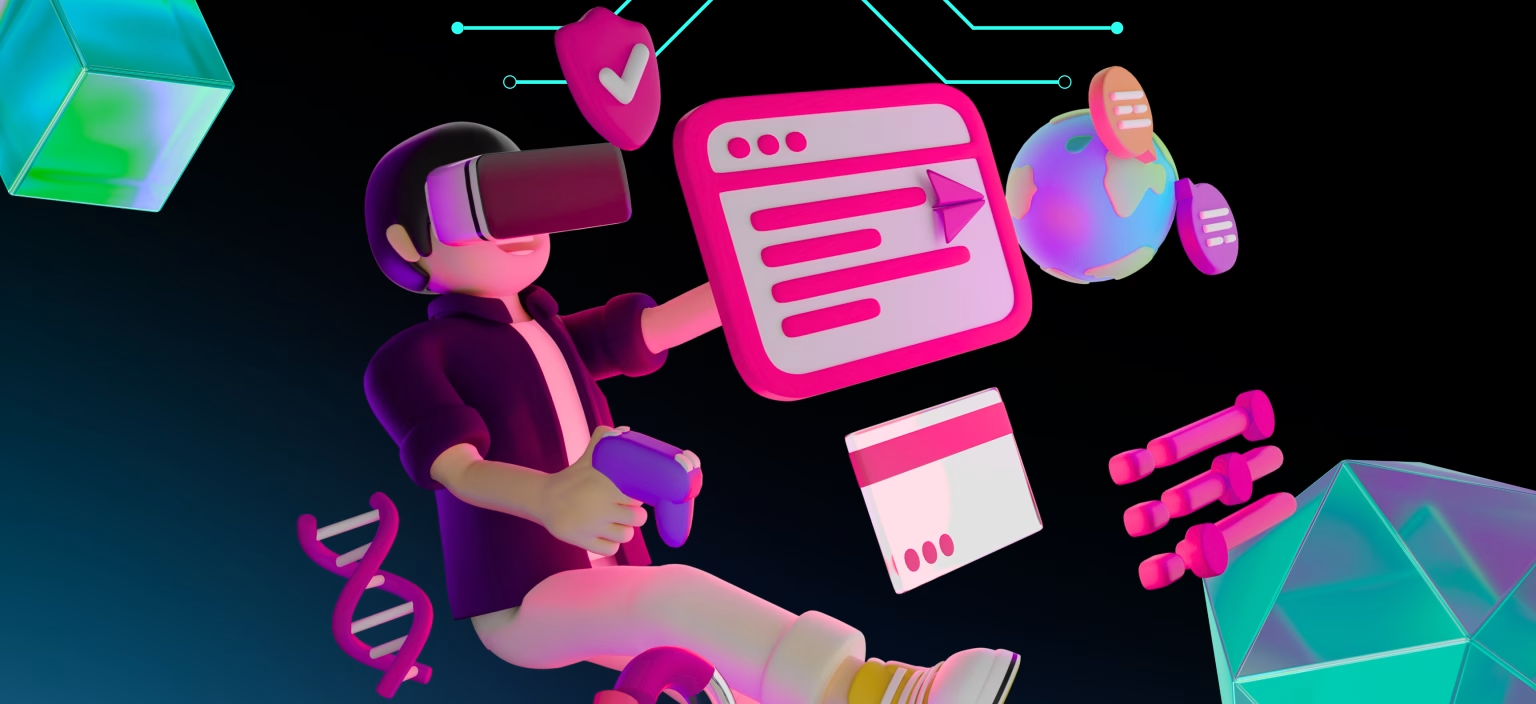For Gen Z, the internet isn’t just a convenience. It’s life in digital form. From making friends to launching side hustles, from streaming shows to learning skills, Wi-Fi is as essential as breathing. Ask them, and you’ll hear stories that are funny, smart, and often painfully relatable.
The rise of the digital generation
Born between 1997 and 2012, Gen Z is the first generation to grow up entirely in the digital era. With little or no memory of a world without touchscreens or social media, they’ve been called the “Digital Natives.”
Globally, nearly half the world’s population is under 30. In the Commonwealth, that share rises to 60%. In 2022, an estimated 1.8 billion people were between 15- 29, about 23% of the global population.
In Bangladesh, this generation is pushing boundaries, advocating for equality, environmental responsibility and social justice all through the very tools that define their lives: the internet and social media.
Growing up with Wi-Fi
For most of them, life before Wi-Fi is a blur.
Arpan, 21, first went online at 10, “mostly just for playing games,” he recalls. “But over time, it slowly became part of almost everything I do. How I learn, how I spend my free time and even how I work now.”
Rafid, also 21, remembers searching for Pokémon episodes on YouTube at the same age. “From then on, it shaped my interests and humour. What I watched online influenced the kind of friends I connected with and opened my horizons in life.”
For Junayed, 23, the internet offered something bigger. “I got access at 11, mainly to learn about the world beyond school and to make friends. At first, it was just fun. Later, it became essential for work, relationships, and my career.”
For this generation, the internet creeps in quietly; one moment it’s games and videos, the next, it shapes your entire life.
Socialising online & offline
Making friends has never been easier or weirder for this generation. “Some of my closest friends today are people I first met online through gaming, art or common hobbies,” says Arpan.
Distance doesn’t matter if there’s an internet connection. Rafid agrees, “Quite a few of my closest friends were people I first met through mutuals online, not in real life. I would’ve lost so many close friends during COVID lockdowns if it weren’t for the internet.”
But more connections don’t always mean stronger ones. As Junayed puts it, “You meet far more people, but fewer are willing to put in the effort to build real relationships.”
Education, skills and the economy
For Gen Z, the internet acts as a classroom, mentor and career coach. “It shaped my life by giving me access to unlimited education and opening doors to new opportunities,” says Sindid, 21.
Many young Bangladeshis are turning to digital, self-paced learning through YouTube, online courses and LinkedIn. Arpan, for example, learned graphic design from online tutorials and now earns on Upwork.
Kashfia, 24, adds, “From research and online courses to finding job leads, it’s made learning so much more accessible.”
Some have even turned hobbies into businesses. Sakib, 24, runs an Instagram store called Trippy Socks while freelancing as a social media manager. Junayed started designing logos at 15. “Just knowing English and having internet access was enough to build it into a full-fledged career,” he says.
Remote work is especially appealing. Gen Z doesn’t see careers as limited by borders: they want global opportunities and continuous learning.
Entertainment on demand
Television? Hardly anyone has the patience for it anymore. “I barely watch TV, except for football matches,” says Arpan. “It’s all streaming or downloading now. I can pick what I want whenever I feel like it.”
For Rafid, entertainment lives almost entirely online. “I don’t think I have any other source of fun, except meeting friends, apart from anime and manga. It made my teenage years more colourful and my adult life more bearable.”
Sindid adds, “I can watch any movie or show at any time of day on Netflix, YouTube or Amazon Prime.”
But too much choice can also backfire. “Now there are so many options that people sometimes miss the old system of limited choices,” says Junayed.
The pros and cons of online life
The internet opens doors that earlier generations couldn’t imagine. It makes information, entertainment, learning and even income accessible with a few clicks.
For Gen Z, platforms like YouTube, LinkedIn or Upwork aren’t just tools, they’re gateways to careers, hobbies and friendships.
But the same tools that connect can also overwhelm. Many people find themselves losing track of time, prioritising screens over real-life experiences or falling victim to scams and misinformation. It’s empowering, yes. But also distracts and isolates if left unchecked.
Life behind the screens
For Gen Z, the internet isn’t just part of life; It is life. Friendships, careers, entertainment and self-expression all run on Wi-Fi. “The internet shaped my life by providing easy access to information, entertainment and social connections,” says Arpan.
Globally, they make up nearly a quarter of the population. In Bangladesh, they’re redefining social values, work ethics and even environmental responsibility.
It’s empowering, messy, addictive and undeniably theirs. The real challenge now is balancing the freedom, it offers with the distractions it creates and learning how to thrive in a world where sometimes people live online.


